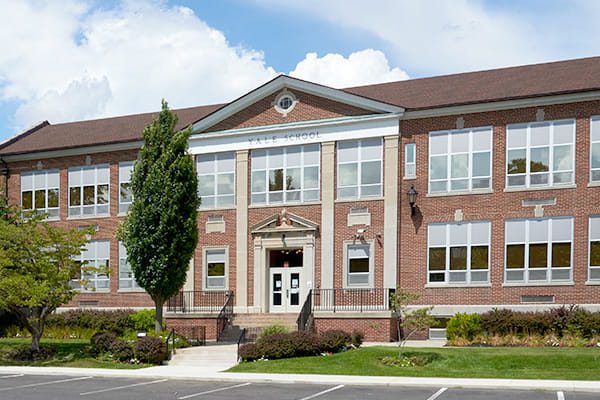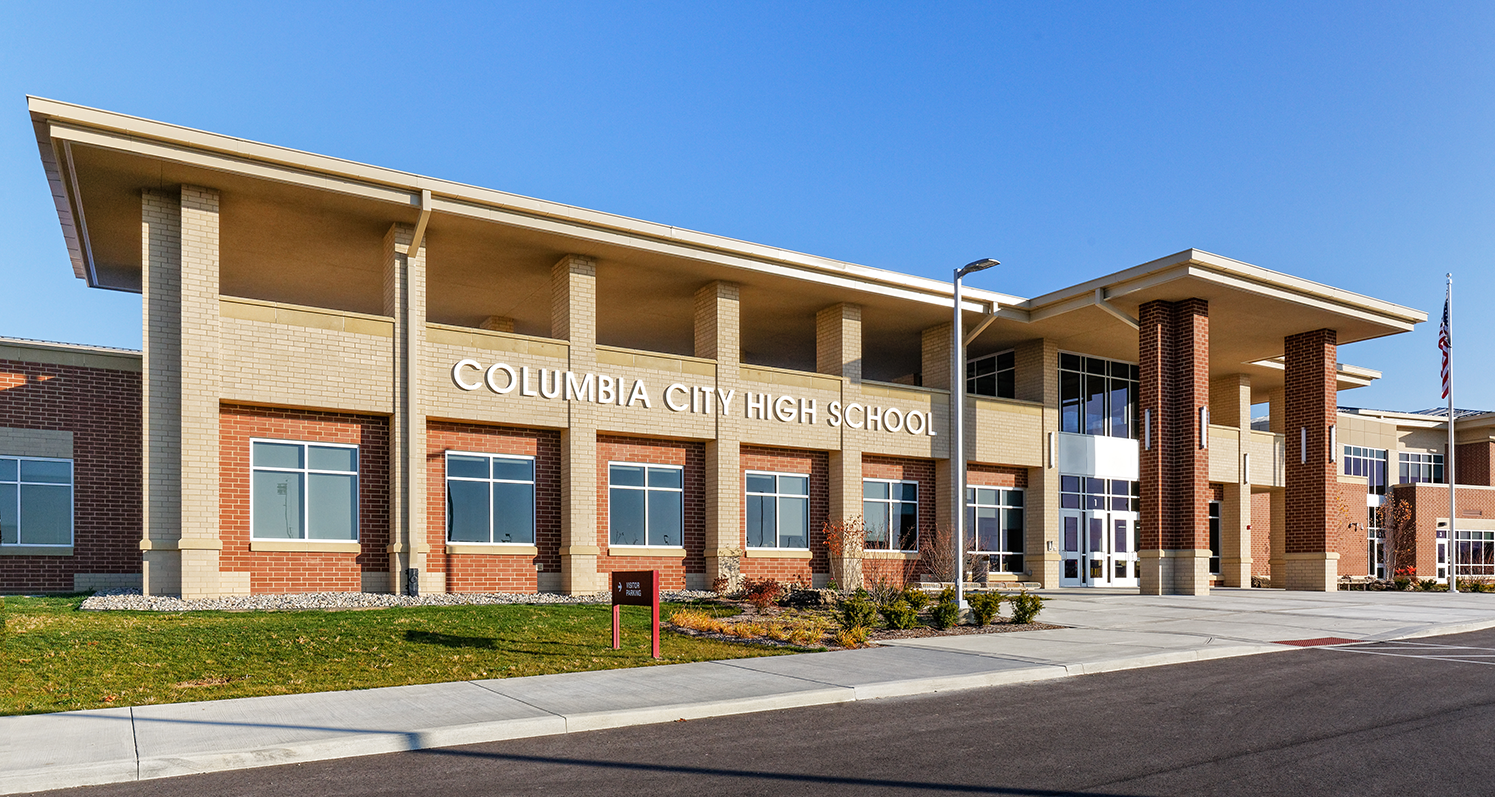Exactly How You Can Help Save Temecula Schools for Future Generations
Wiki Article
Recognizing the Value of Schools in Kid Growth and Community Development
Schools act as essential organizations for child advancement and area development, offering settings where academic success are enhanced by the cultivation of social skills and direct exposure to varied point of views. These academic setups not just advertise important reasoning and effective communication however additionally foster empathy through collaborative jobs. In addition, institutions' involvement with local neighborhoods with service-learning efforts enhances the bond in between family members and universities. This cooperative partnership underscores the importance of colleges in nurturing active citizenship and lifelong knowing habits. What are the certain systems by which these organizations accomplish such extensive influences?Academic Accomplishment
Academic accomplishment functions as a keystone of child growth, offering the structure whereupon future learning and success are developed. Institutions play a pivotal role in cultivating this academic development, providing structured environments where youngsters can acquire important knowledge and cognitive skills. Standardized curricula ensure that trainees gain efficiency in core subjects such as maths, science, and language arts, which are essential for both college and professional opportunities.In enhancement to giving fundamental scholastic skills, colleges also cultivate vital thinking, analytical abilities, and intellectual inquisitiveness. These cognitive proficiencies are vital for browsing complex real-world situations and adapting to the ever-evolving needs of the modern-day office. Teachers, as facilitators of understanding, utilize diverse instructional strategies to accommodate diverse learning styles, thus taking full advantage of individual trainee possibility.
Furthermore, scholastic success is very closely linked to self-worth and inspiration. Youngsters who experience academic achievements are most likely to develop a favorable self-concept and a long-lasting interest for learning. Schools also supply various resources, such as collections and technology, which additionally boost the instructional experience and prepare trainees for a highly advanced culture.
Social Skill Development
Beyond academic accomplishment, the role of colleges in social skill advancement is crucial. Schools work as a primary location for kids to discover and exercise necessary social abilities such as problem, cooperation, and interaction resolution. In the organized setting of a classroom, trainees connect with peers, teachers, and various other college personnel, providing numerous opportunities to develop these essential capacities.Reliable social skill development in institutions is helped with through group activities, collaborative tasks, and extracurricular programs. These communications assist trainees comprehend social norms, construct compassion, and foster a sense of area. Group assignments educate trainees just how to work with each other towards a typical goal, pay attention to different point of views, and browse differences constructively.

The growing of social abilities throughout academic year lays a foundation for future individual and professional connections. Save Temecula Schools. As pupils grow, the capability to properly communicate and work together ends up being significantly vital, highlighting the institution's critical role in holistic kid advancement
Exposure to Diversity
Direct exposure to diversity in schools is basic to promoting a comprehensive attitude and widening pupils' perspectives. Schools work as a microcosm of the broader society, and encountering varied cultures, languages, and socioeconomic backgrounds within this Web Site atmosphere outfits students with necessary abilities for browsing a significantly globalized world. This exposure encourages empathy, reduces prejudices, and promotes shared respect among peers.Research study indicates that pupils who engage with peers from different backgrounds exhibit much better problem-solving abilities and imagination. This understanding of variety prepares students for future workplaces that worth multicultural proficiency - Save Temecula Schools.

Neighborhood Involvement
The advantages of diverse classrooms prolong past the college wall surfaces, fostering a strong sense of neighborhood interaction amongst students. By engaging with peers from different social, socioeconomic, and ethnic histories, trainees gain a broader viewpoint and an appreciation for diversity. This exposure encourages them to come to be active citizens that are ready to add positively to their communities.Institutions that stress area involvement usually include service-learning projects, which allow students to resolve real-world troubles while using scholastic abilities. These tasks not only improve trainees' understanding of their coursework but also instill a sense of responsibility and empathy. Furthermore, partnerships in between institutions and neighborhood companies supply trainees with chances to take part in neighborhood events, better strengthening their function as positive community members.
Additionally, adult and neighborhood involvement in colleges enhances the bond between schools and the areas they offer. When colleges open their doors to area events, workshops, and volunteer possibilities, they produce a collaborative atmosphere that benefits all stakeholders. This common support system ensures that pupils get holistic advancement, preparing them to become all-around people that value and contribute to their areas. Through these initiatives, schools play an essential duty in supporting area engagement and promoting social development.
Lifelong Understanding Routines
Establishing long-lasting learning habits is necessary for a youngster's constant growth and versatility in an ever-changing globe. Institutions play a pivotal role click this in instilling these practices by producing an atmosphere that cultivates curiosity, vital thinking, and a love for knowledge. With extracurricular activities and diverse curricula, instructors encourage students to explore numerous topics, analyze information seriously, and use their discovering to real-world situations.
In addition, institutions supply a structured atmosphere where kids can create self-discipline and time monitoring abilities, both of which are important for continual learning. By emphasizing the importance of setting goals, assessing progress, and adapting techniques, schools prepare trainees to browse the intricacies of grown-up life, guaranteeing they stay long-lasting students and factors to culture.
Verdict
To conclude, institutions are crucial in fostering child development and community development by supplying settings helpful to scholastic achievement, social ability development, and exposure to diversity. With collective tasks and interactions, institutions improve vital reasoning, empathy, and interaction skills. Neighborhood involvement initiatives better reinforce the bond between academic institutions and local communities. Inevitably, institutions cultivate long-lasting knowing practices, gearing up individuals with the necessary expertise and skills to add favorably to society.In the structured setting of a classroom, trainees connect with peers, educators, and various other institution personnel, providing countless chances to develop these critical capacities.
In significance, exposure to variety within schools not just enriches private pupils but likewise strengthens the social textile of the community as a whole.
The benefits of varied class extend past the college wall surfaces, fostering a strong feeling of area engagement among students.Institutions that stress community engagement commonly incorporate service-learning tasks, which allow trainees to attend to real-world troubles while using scholastic skills. Collaborations between institutions and regional companies give students with chances to participate in community events, even more solidifying their function as positive community members.
Report this wiki page